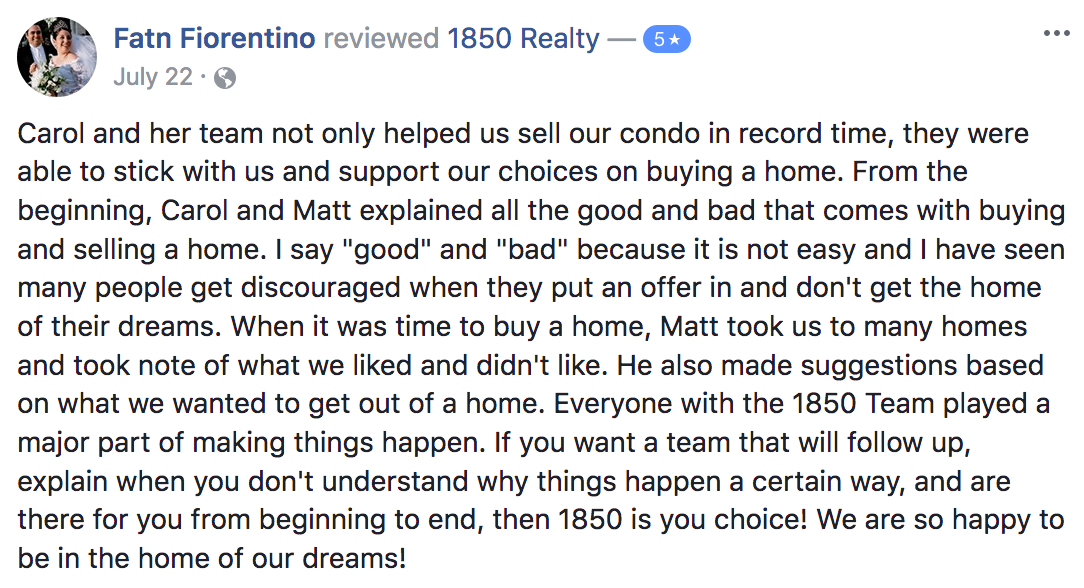Title:
Lets examine some terminology to start off with, so we are all on the same page. (Sorry for the complications, but California real estate can find its roots in English common law dating back to 1066. It is also influenced heavily by Spanish civil law, dating from 1542 when Juan Cabrillo landed right here in San Diego.)
- Title is an assemblage of the rights in a piece of property, that may be separable by different owners.
- Possession means you have control over a property.
- A deed is a legal instrument that is in writing, referencing the owner of real property.
- Grantor is one who holds title to a property.
- Grantee is one who is passed title to a property.
- A will is a declaration by someone (testator) that names another to manage/distribute the testator’s estate.
- A trust is a relationship where property is held by one party for the benefit of another.
- A benefactor is one who holds possession of a property.
- A trustee is one who owns the rights in the property of a benefactor.
- An encumbrance is something attached to title like a judgement or lien.
To begin: do you, the seller hold title? Is it free of encumbrances? In most cases, this is a straightforward answer: yes. If yes, this process ends and you can move on to the next step. If there is any cloud on title, such as a judgement or lien, these need to be satisfied before title can convey. Many times this process happens in tandem with the sale process, and are paid with sales proceeds.
If the answer is no, things can get very sticky, very quickly. Having possession does not immediately mean you hold title. If the process isn’t spelt out according to CA law, title can not convey to you without going to probate court to decide who is a beneficiary. In CA, if no one is specifically named, the state effectively becomes the executor, and sells the property. We do not enjoy an automatic succession of title via family relations.
Two rock solid methods to handle this are a will or trust. Once one of these instruments is decided on, there are additional steps to ensure that they are going to hold muster before a judge.
Title conveyed via a will can generally be considered legitimate in a real estate transaction without going to court. However, there is always an exception to every rule. If there are any discrepancies with the necessary requirements of a valid will in California, a trip to probate court is in order to determine the validity of the testator’s intent.
A benefactor adding a trustee via a trust is also legitimate, provided that the trustee holds possession of title. When the benefactor passes, the trustee is in possession of the property to carry out the wishes of the benefactor. A trust in of itself is just a stack of paperwork.
Let us look at an example: a family member wishes to convey ownership of a property to you before they become too ill to manage or pass away. You draft up some documents, and obtain signatures from your relative while they are still able to do so. Unfortunately, they pass on; and the intention was that you will sell the property and keep the proceeds. Pretty straightforward, right?
If everything isn’t perfect, title does not convey to you and you are not legally allowed to sell the property. San Diego County only has two probate judges, so getting in front of the court is an intimate affair. This is a good thing! A petition to sell real estate can be granted from probate court before the process is complete. This allows you to sell a property, collect the proceeds in cash and let the court do its work to distribute said proceeds.
We at 1850 Realty are happy to share information about the home selling process. Transactions can vary individually, and we are here to help you with your real estate needs. To discuss in more detail, don’t hesitate to contact us:
Call/Text (760) 814-1850 or email info@1850realty.com
Next article in this series: Market Conditions.















